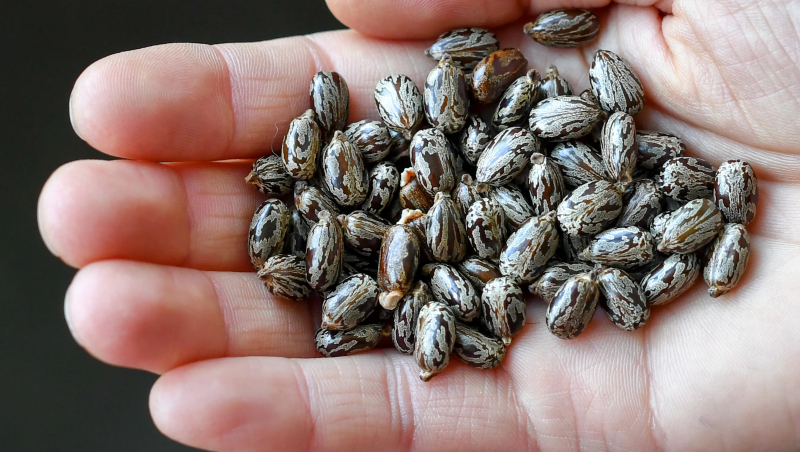Ricin Bullets
According to at least one expert, if you get to the hospital while your heart is still beating, you have a 95% chance of surviving a gunshot wound. A gunshot to the heart or brain will obviously get you closer to that unfortunate 5% than a bullet to the foot. Still, those odds don't seem as severe as you would have imagined. That might explain why the military experimented with ricin-coated bullets.
Ricin, produced from castor beans, is a rather strong toxin. It stops your cells from producing necessary proteins. As a result, the cells die, and if the exposure is severe enough, you die as well. Even if the exposure is not fatal, it can induce bloody diarrhea, vomiting, and organ failure.
The US government experimented with covering bullets in ricin to boost their lethality during WWI. If 95% of individuals can survive a gunshot, this would have lowered that figure. However, it didn't work out in the end due to heat sensitivity. When bullets were discharged from a pistol, they were too hot, destroying the poison's potency.
Year of Experiment: 1913












